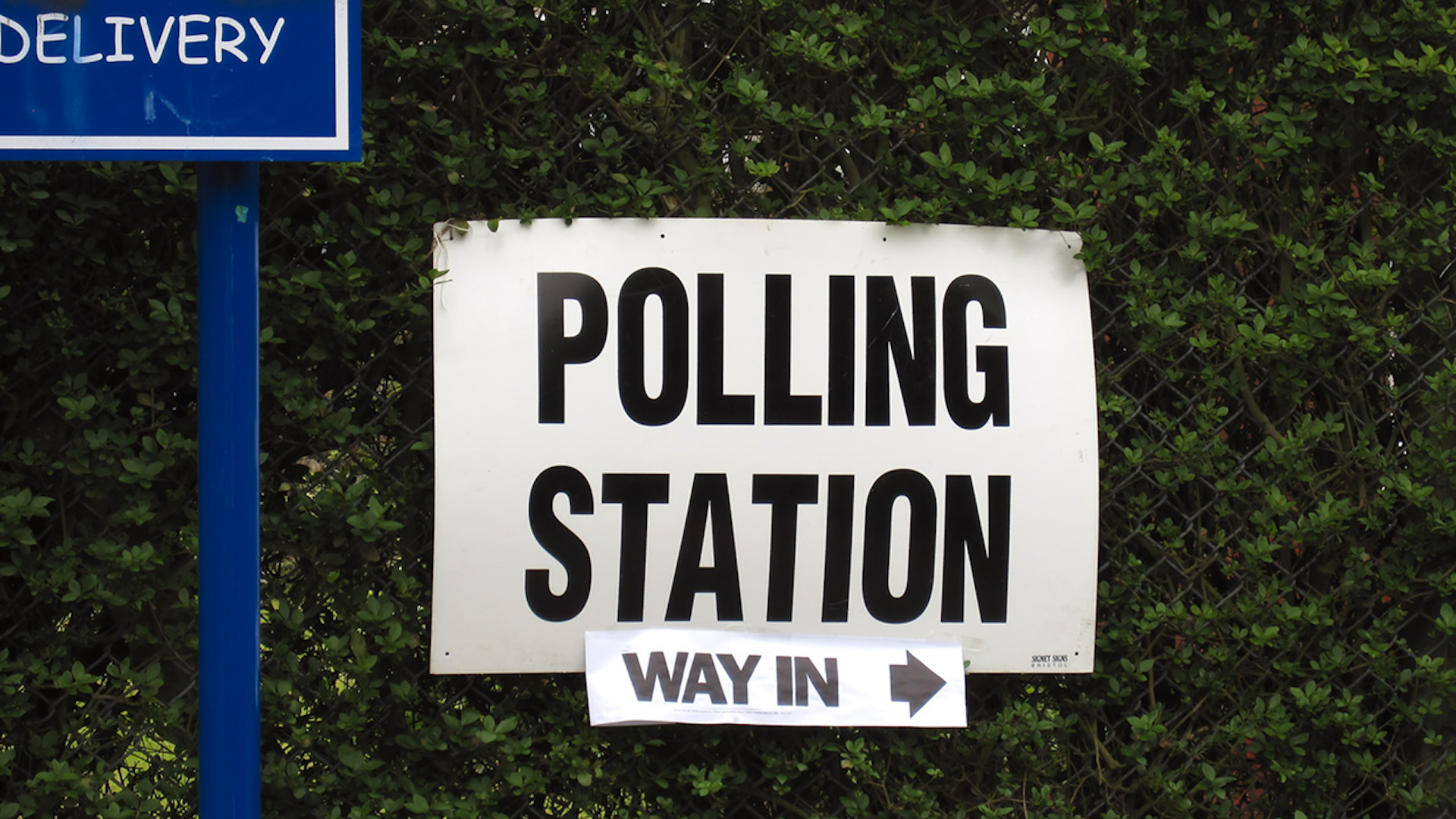At last year’s local elections, at least 14,000 people were turned away from polling stations. But this is a “gross underestimate,” campaigners previously told the Big Issue, because it didn’t include those who didn’t make it the ballot box.
Today, social media is full of accounts of people falling foul of the new rules.
“Democracy in action: my wife was just now prevented from voting. Her ID is in her maiden name, voter registration in her married name,” posted Jim White, a Telegraph columnist, on X.
“Despite the address being the same on both, she was turned away from the polling station. Must be happening all over the country.”
X user Lewis Bush described the new rules as a “blatant manipulation of the electoral process”.
“I live in a pretty deprived and diverse area and saw several people turned away at the polling station for lack of, or wrong, ID when I went in to vote,” he said.
Advertising helps fund Big Issue’s mission to end poverty
“Only one other person at the polling station at the same time as me and… they were turned away for not having the right kind of ID,” another user fumed.
Tory politicians have described the rules as “simple”. But not simple enough, it appears, for some of their parliamentarians.
“Bit of drama,” MP Tom Hunt, a conservative parliamentarian representing Ipswich, messaged a constituent group chat. “Turns out I have no appropriate id to vote tomorrow.”
“However. There is an emergency proxy option if you lose your id. Deadline tomorrow. Who would like to do the honours?”
The tweet has prompted an outpouring of ridicule online.
“The irony is that voter ID was supposed to *reduce* electoral fraud – and given that he didn’t actually lose his ID, it looks like he’s ended up having to try to misuse the proxy system,” housing lawyer Nick Bano said.
Advertising helps fund Big Issue’s mission to end poverty
There were just 33 allegations of voter fraud at the last general election and only one conviction.
The number of people who could be turned away, on the other hand, may run into six figures. Among people who did not vote last May, some 4% said this was because they lacked the required ID, an Electoral Commission report found – potentially “hundreds of thousands of voters”.
Some groups were disproportionately impacted: the number of non-voters who blamed a lack of ID rose to 8% for those who were unemployed and 9% for people with a significant disability.
Speaking today, the ERS said that a needlessly strict ID list enhanced this danger. A student travel card is not an acceptable form of ID – but an over-65 card is.
“Having so few IDs accepted is not only damaging our democracy but affecting some people more than others,” Sullivan said.





